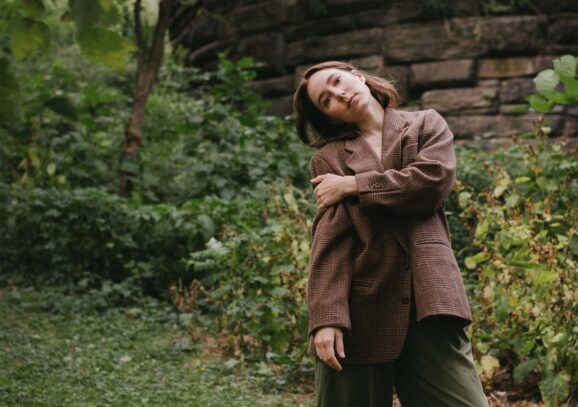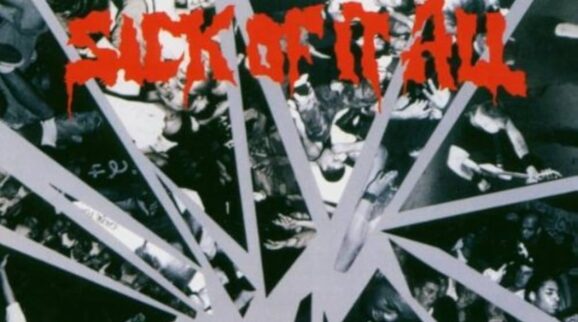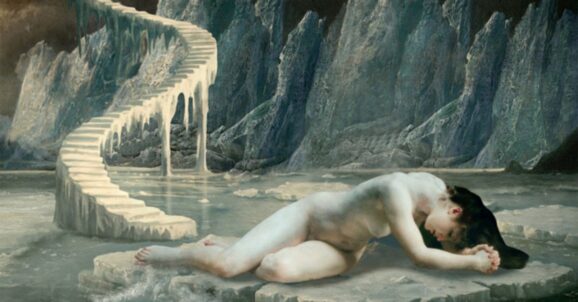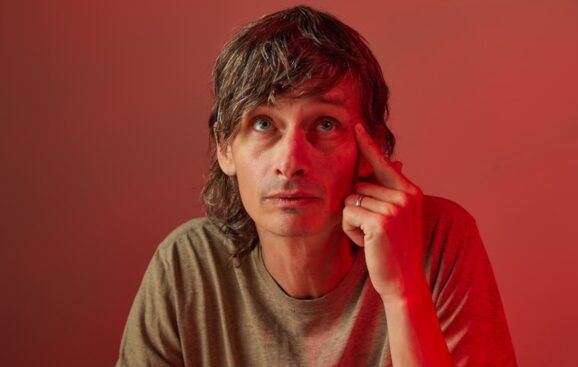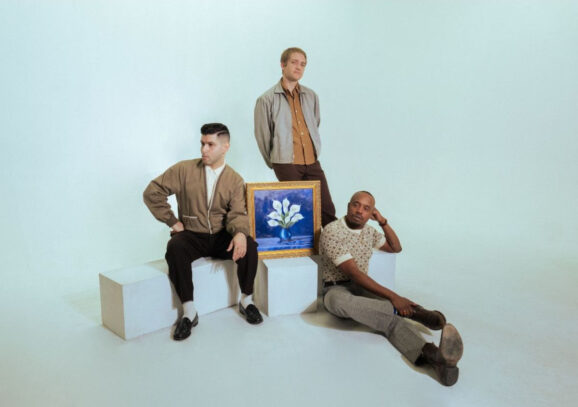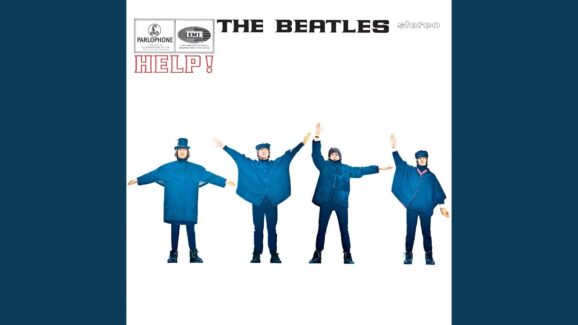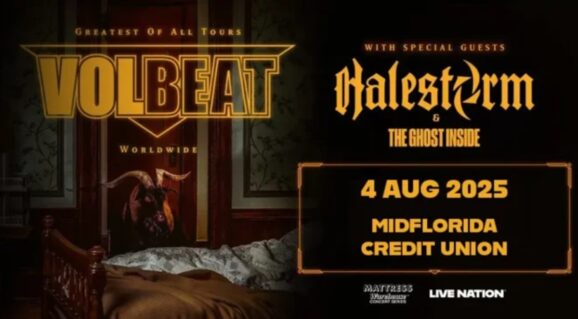The curators of the Gregg Allman Live series set a high bar for themselves through last year’s Uncle Sam’s release, but with One Night In DC, May 15 1984, the archivists have adhered to those elevated standards.
Recorded on the last date of the tour (according to Allman before he introduced the band), this concert clearly surprised and delighted the audience at The Bayou in Washington, DC. And no wonder: instead of any misguided attempt to recreate the sound and power of the Allman Brothers Band, the performance is, like its predecessor, a purposeful exercise in bringing evocative material to life, rendered by essentially the same lineup that had recorded the soon-to-be-released studio album Just Before The Bullets Fly (Gregg Voorhees took over bass duties from guitarist/vocalist Bruce Waibel). The overall pacing of this setlist is superb.
Opening with “Dreams,” the atmospheric highlight of the ABB debut album, was indeed a brave move. Yet the author and his sympathetic bandmates fortify the personal nature of the composition. This interpretation sounds like a rumination on Gregg’s death of his brother Duane, its indelible imprint embroidered upon with no little delicacy by guitarist Dan Toler (who certainly learned plenty while playing beside Dickey Betts).
Tim Heding’s sparkling electric piano work also brightens that arrangement (as do the aforementioned Waibel’s fretboard harmony parts with Toler that decorate “Yours For The Asking”). Similar chemistry is in play on other familiar material, such as “Trouble No More,” as with the ABB trademark tune “Statesboro Blues,” the respective distinctions of the material stand out in stark relief through juxtaposition with novel inclusions.
“Matthew’s Arrival,” for instance, is stretched to nearly eighteen minutes. This GAB had no fear about testing itself, individually or collectively. While this segment falters a bit early on, its sequence of solos ultimately turns into a display of the whole band’s musicianly savvy. And comparable skill(s) prevail throughout the seventy-plus minutes of One Night In DC.
To that end, “Faces Without Names” runs a concise three and a half minutes. “Melissa” is likewise economical in an acoustic arrangement that allows for ample embellishment, ultimately resonating as deeply as Allman’s vocal. Gregg and his ensemble devote scrupulous attention to detail in arranging all their choices of material.
Equally important is the collective vigor they apply to this interpretation of “Need Your Love So Bad” (from the 1979 Brothers reunion record Enlightened Rogues). Likewise, “Midnight Rider” (off the Allmans’ sophomore effort Idlewild South) ratifies the prevailing engagement the band has with the songs and each other. Meanwhile, the combined panache of drummer Frankie Toler and percussionist Chaz Trippy nurtures the inherent drama of the instrumental “Hot ‘Lanta.”
Similar care is evident in the packaging and production of One Night In DC, May 15, 1984. Sourced from the collection of long-time Allman Brothers griot and skilled photographer Kirk West, the cover portrait of a bedraggled but resolute Gregg Allman corresponds to the earthy authenticity of the music: his gutsy vocal on the shuffle of “Sweet Feeling” is a direct reflection of that state of mind.
Likewise, the collaborative co-production by liner note author John Lynskey, the aforementioned West and expert archivist Bill Levenson is meticulous. Kudos to whoever made the decision to employ Light Works Planet Earth to record this show: it provided the proper fodder for Jason NeSmith’s mastering to preserve punchy sonics that suit the musicianship.
Concluding with the twisting, turning rumble of “One Way Out,” One Night In DC, May 15, 1984 is a unified piece of work, every bit the singular piece its title implies.

